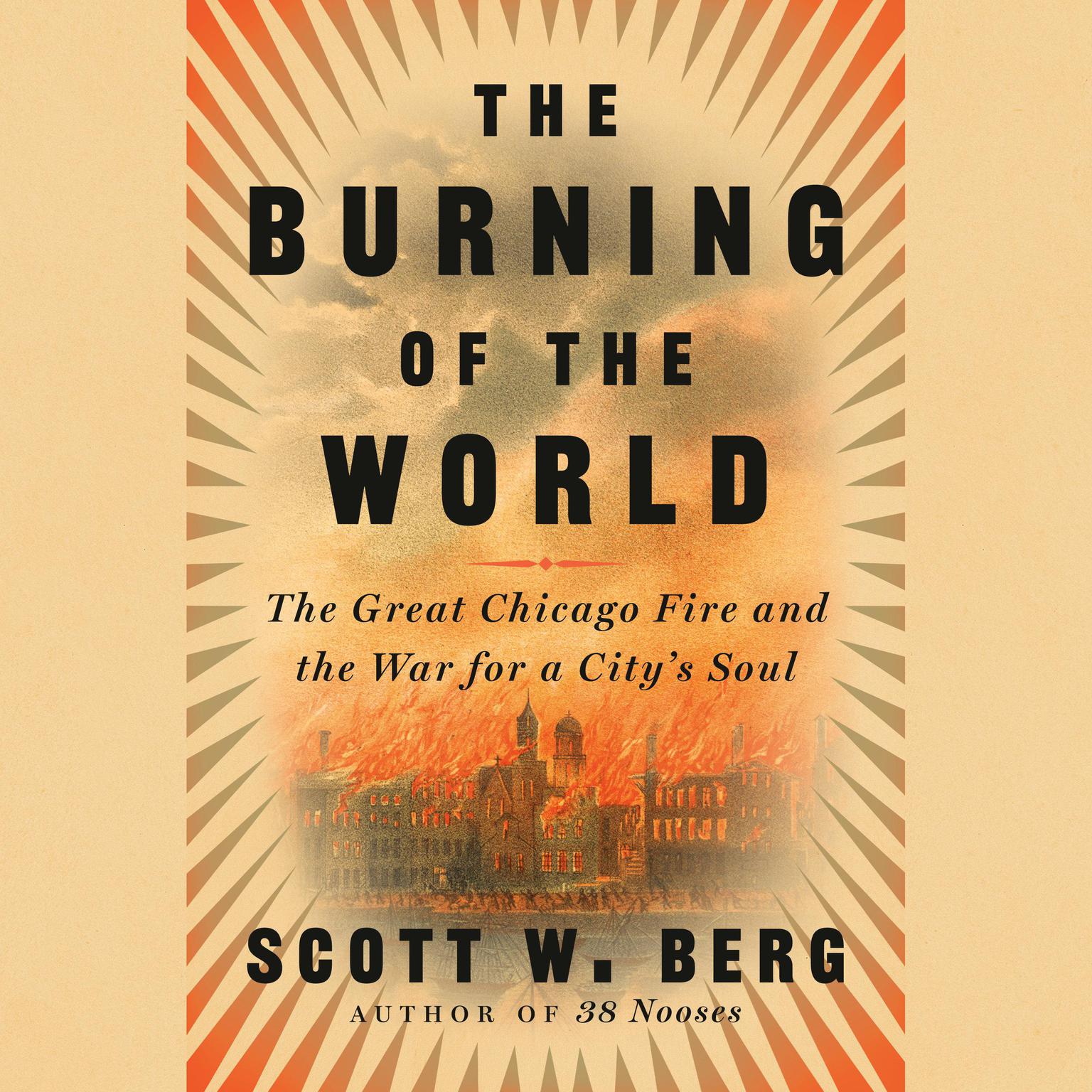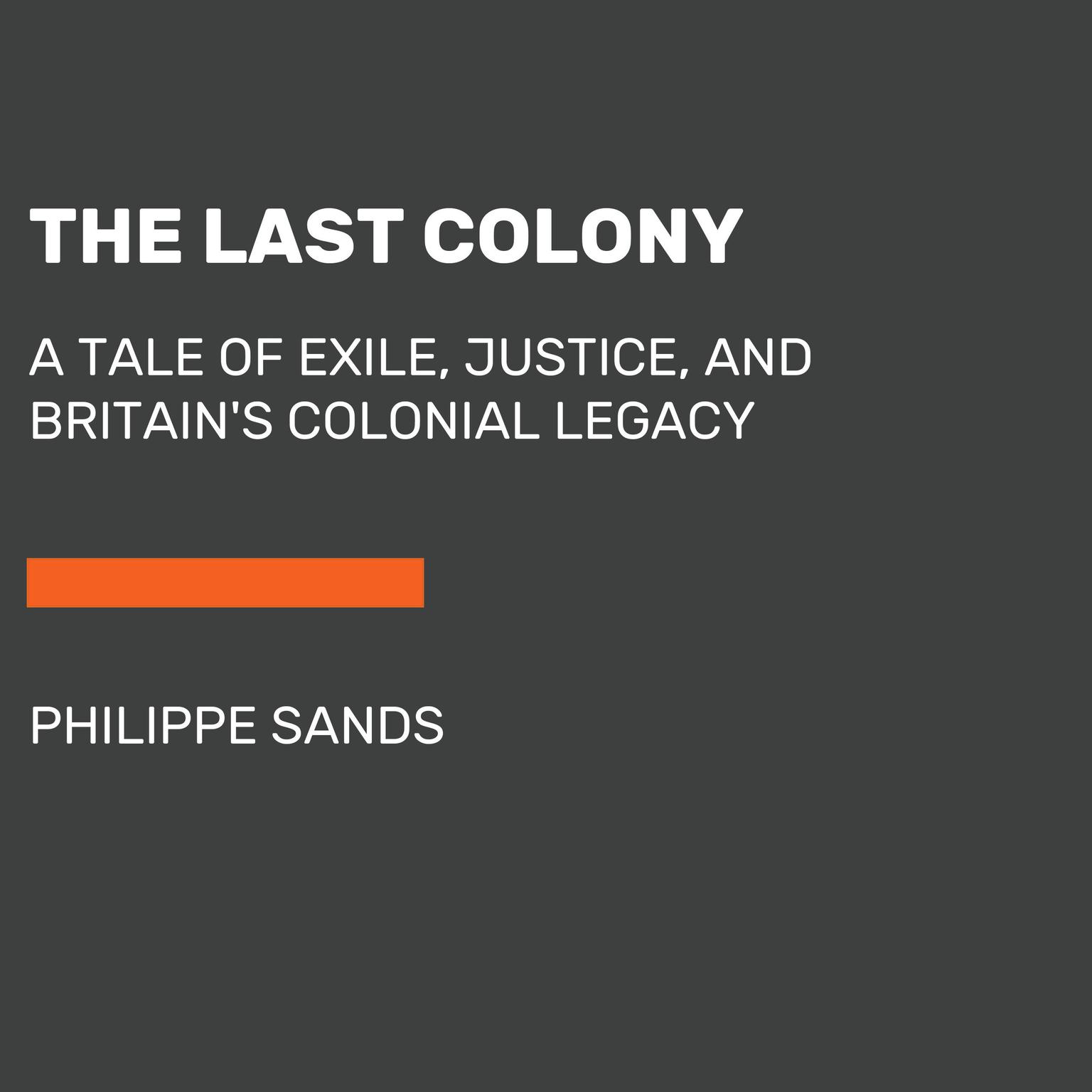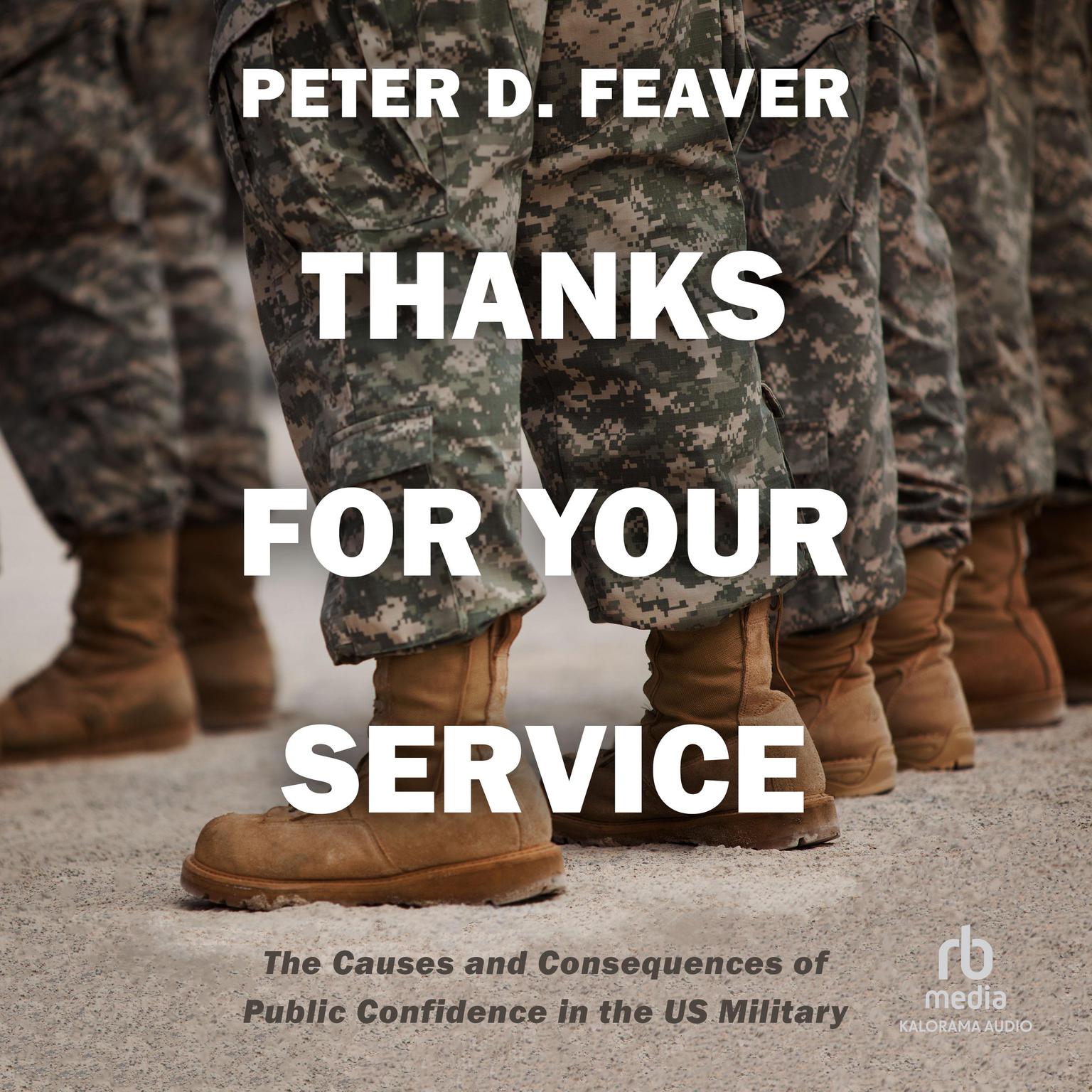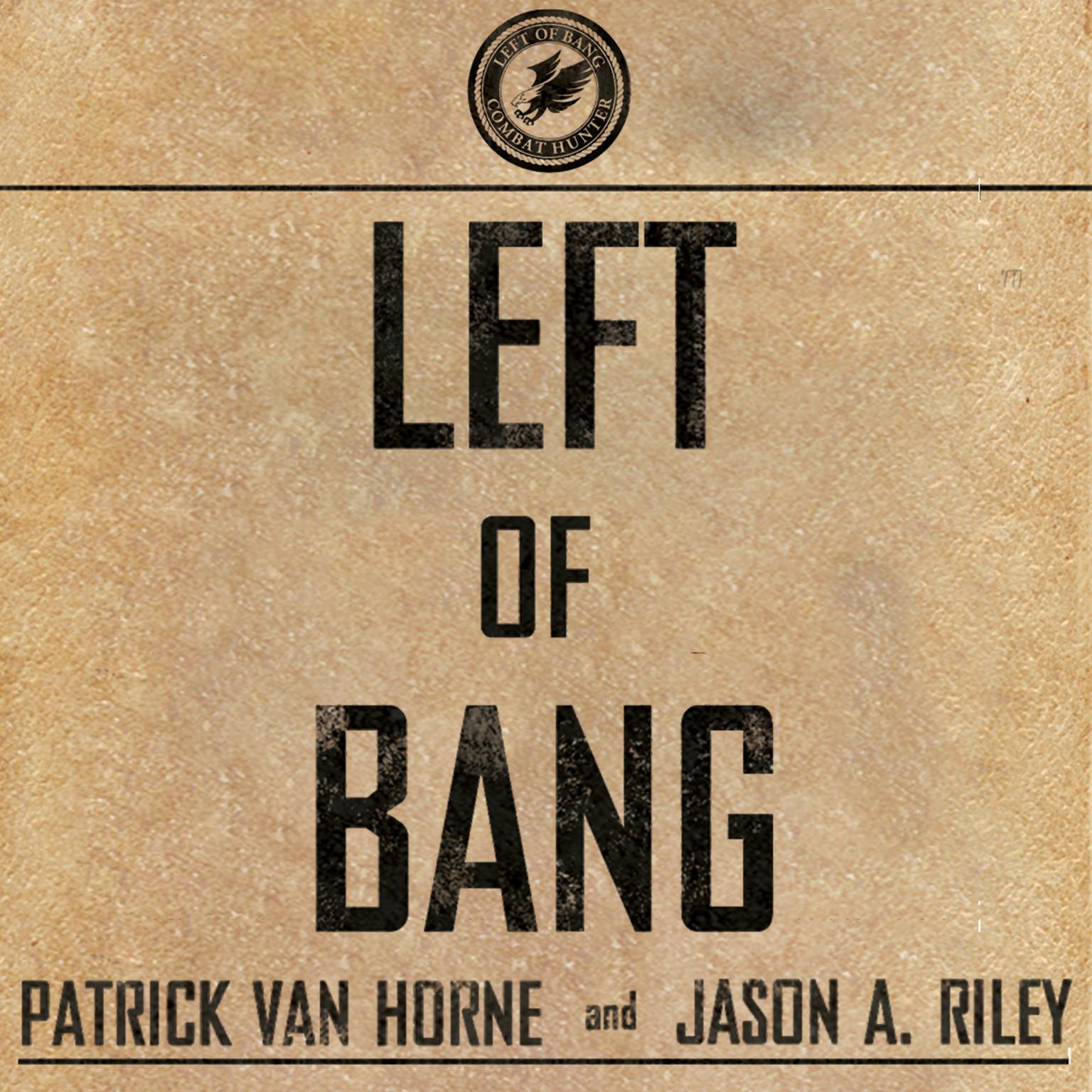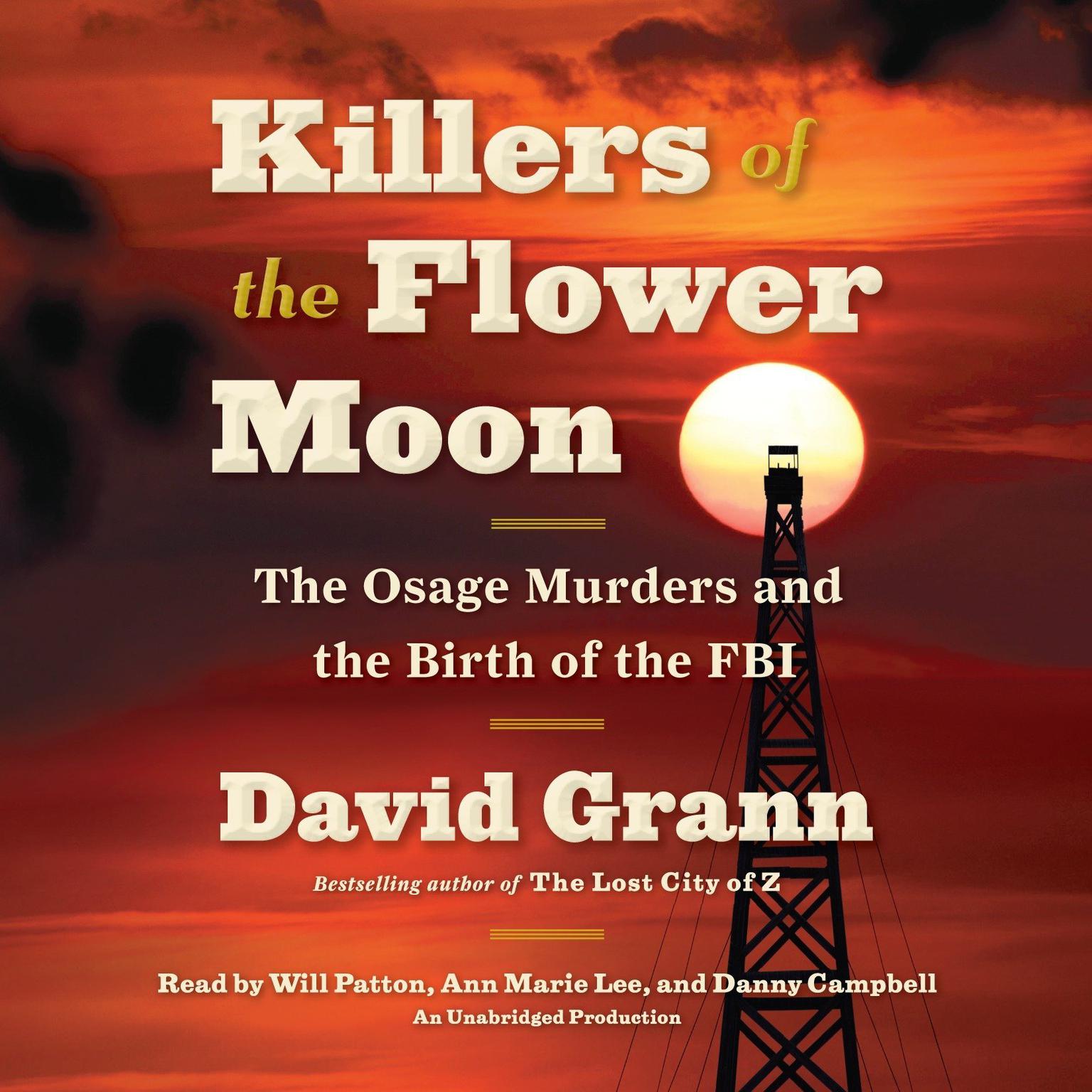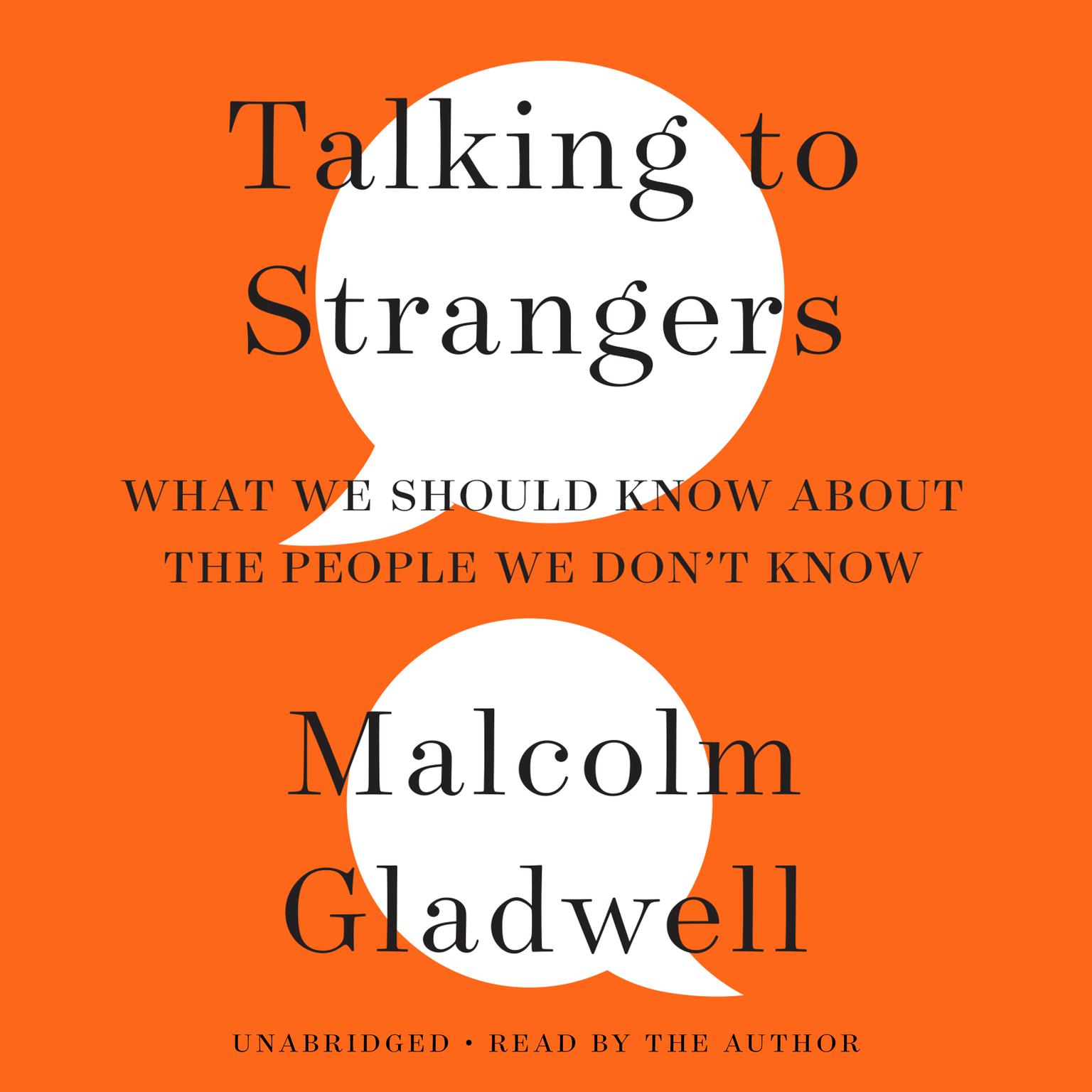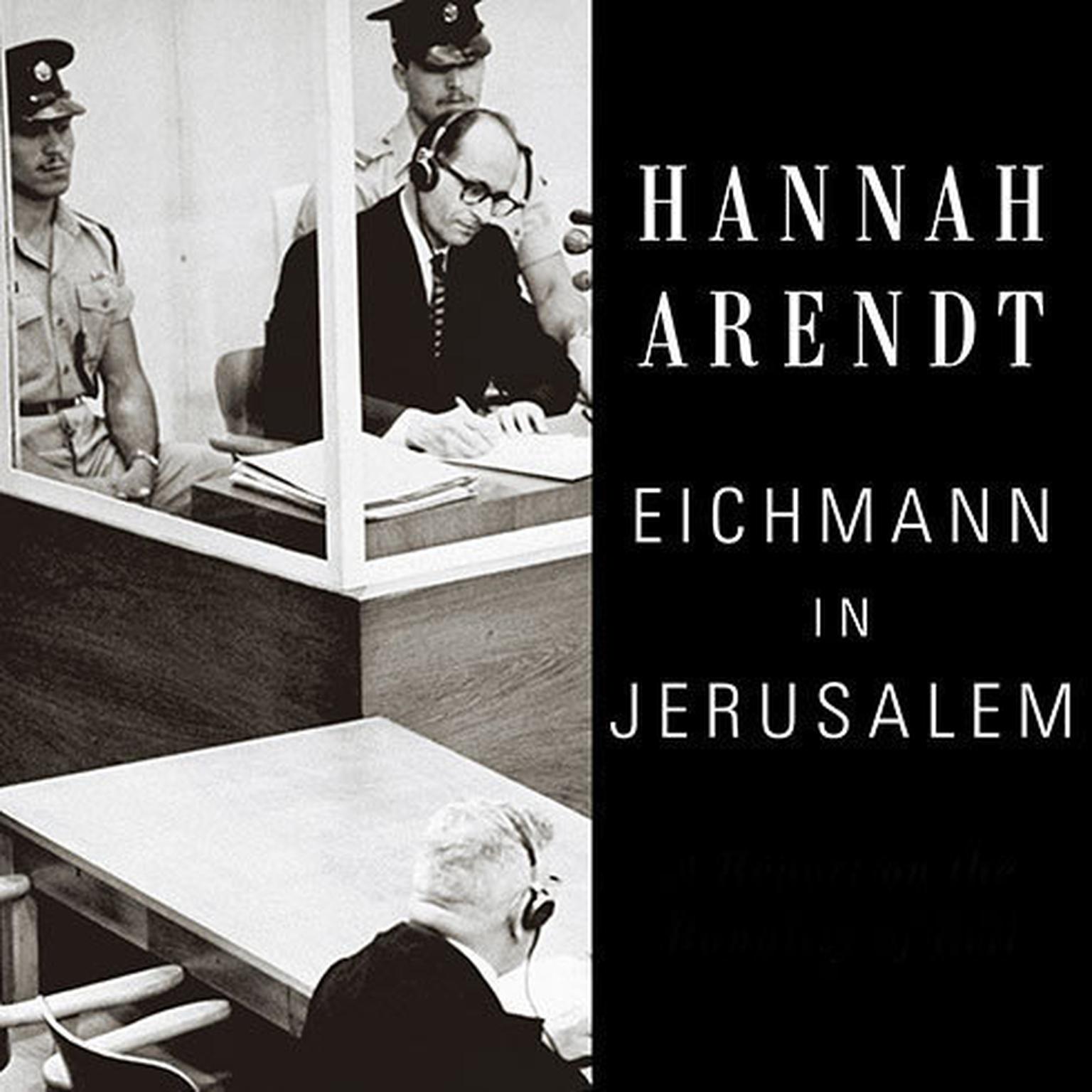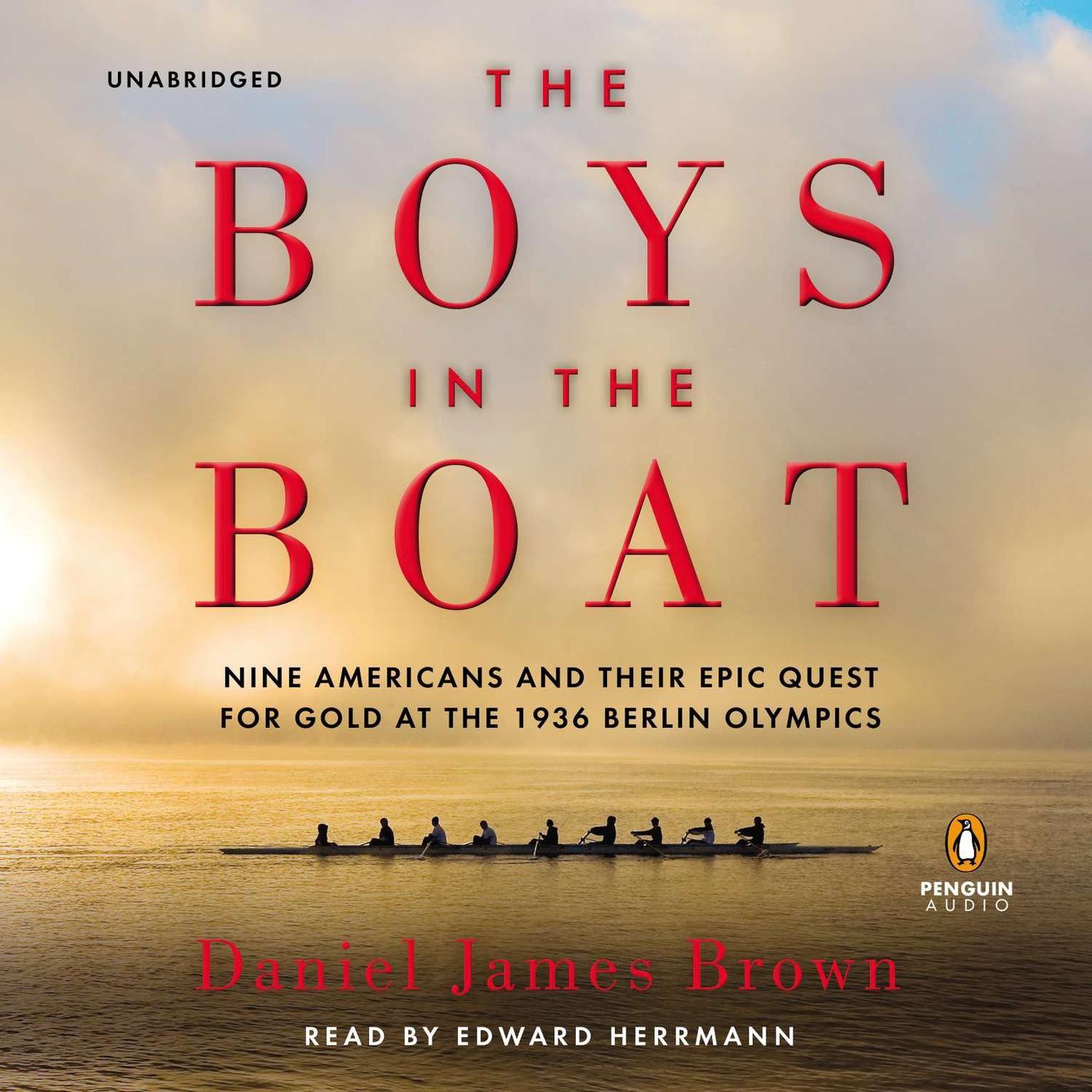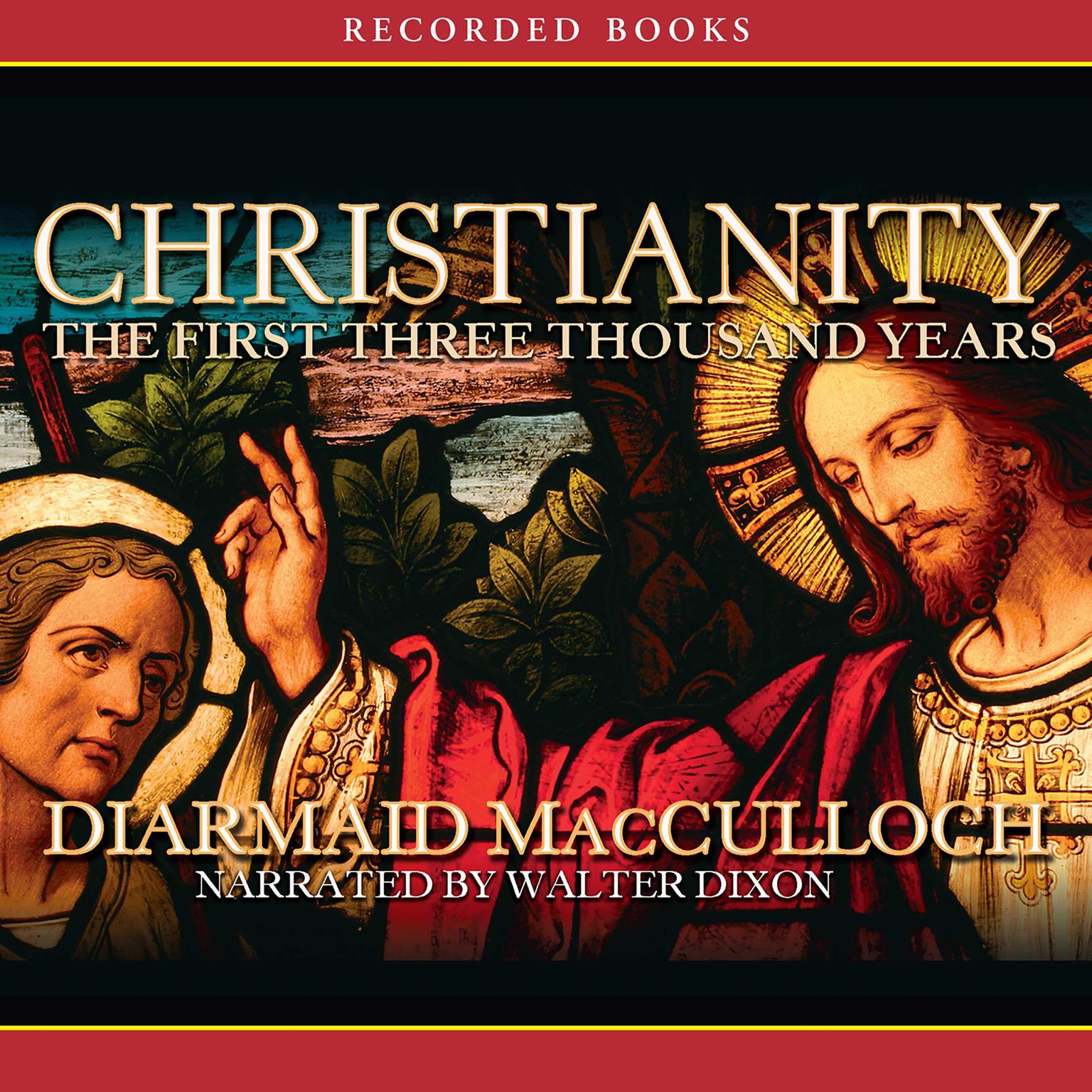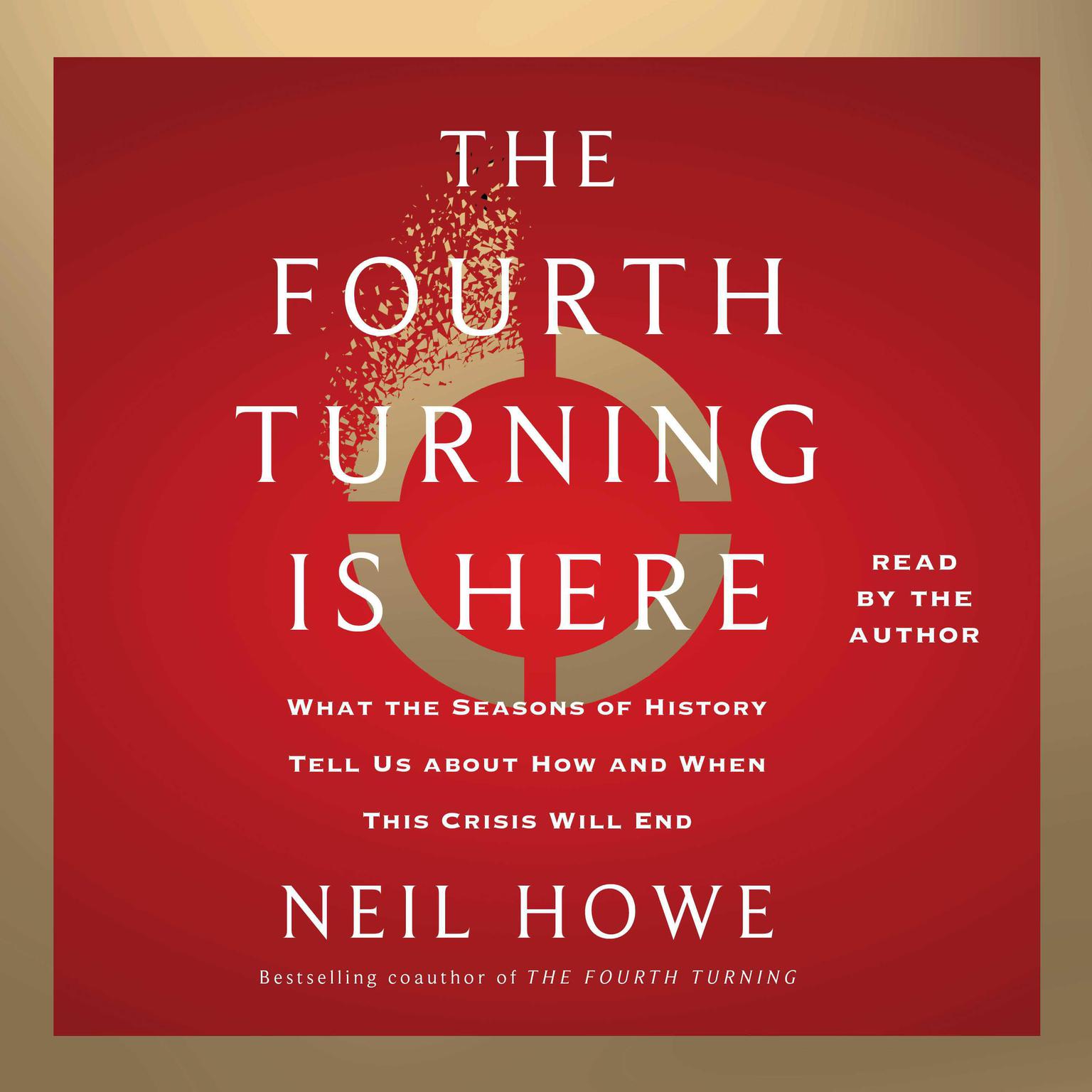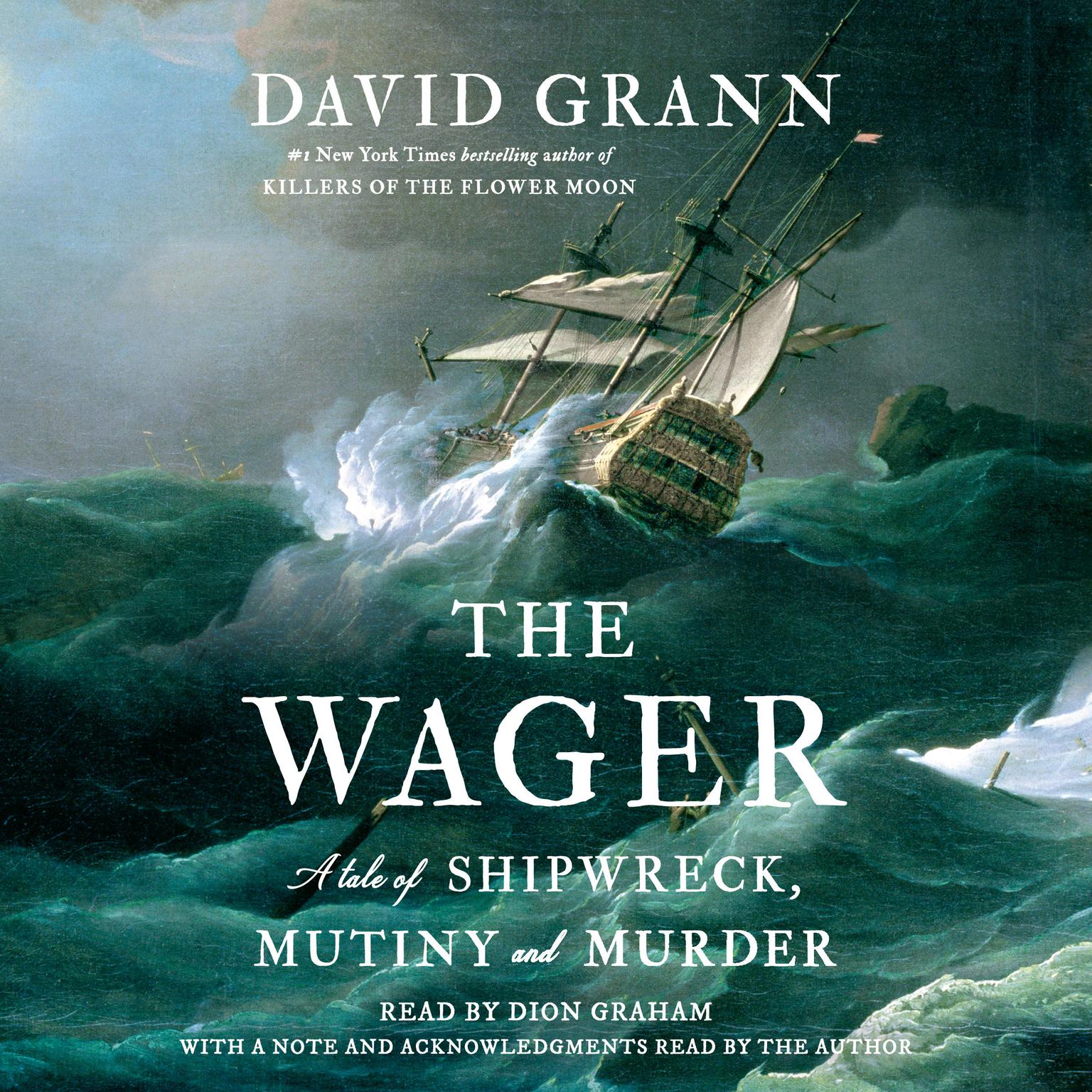Publisher Description
The enthralling story of the Great Chicago Fire and the power struggle over the city’s reconstruction in the wake of the tragedy In October of 1871, Chicagoans knew they were due for the “big one”—a massive, uncontrollable fire that would decimate the city. There hadn’t been a meaningful rain since July, and several big blazes had nearly outstripped the fire department’s scant resources. On October 8, when Kate Leary’s barn caught fire, so began a catastrophe that would forever change the soul of the city. Leary was a diligent, hardworking Irish woman, no more responsible for the fire than anyone else in the city at that time. But the conflagration that spread from her property quickly overtook the neighborhood, and before too long the floating embers had spread to the far reaches of the city. Families took to the streets with everything they could carry. Grain towers threatened to blow. The Chicago River boiled. Over the course of the next forty-eight hours, Chicago saw the biggest and most destructive disaster the United States had ever endured, and Leary would be its scapegoat. Out of the ashes rose not just new skyscrapers, tenements, and homes, but also a new political order. The city’s elite saw an opportunity to rebuild on their terms, cracking down on crime and licentiousness and fortifying a business-friendly environment. But the city’s working class recognized a naked power grab that would challenge their traditions, hurt their chances of rebuilding, and move power out of elected officials’ hands and into private interests. As quickly as the firefight ended, another battle for the future of the city began between the town’s business elites and the poor and immigrant working class. An enrapturing account of the fire’s devastating path and an eye-opening look at its aftermath, The Burning of the World tells the story of one of the most infamous calamities in history and the powerful transformation that followed.
Download and start listening now!
